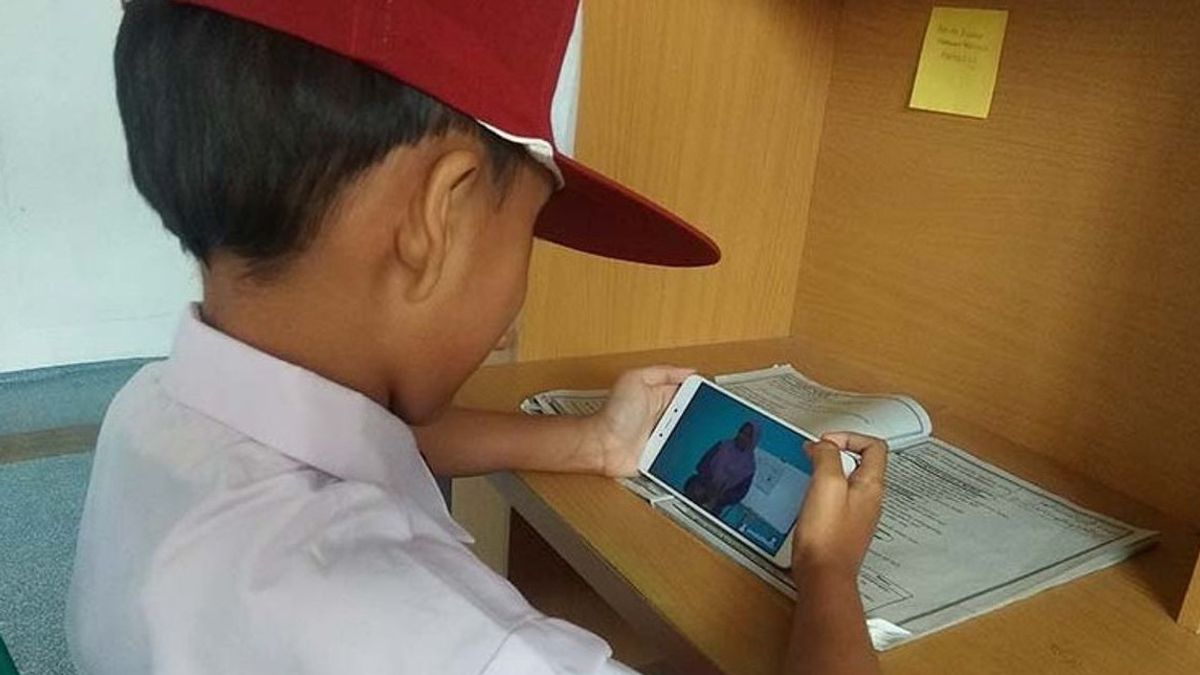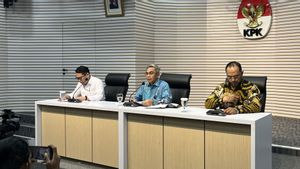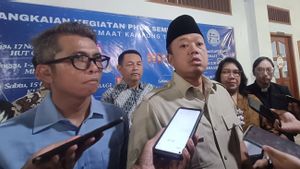JAKARTA - The survey institute Saiful Mujani Research and Consulting (SMRC) released the results of research on online learning activities during the pandemic.
As a result, as many as 24 percent of respondents claimed to have no internet access. In a sense, there is no internet network that reaches where they live, or does not have a platform to access the internet.
Meanwhile, 76 percent of respondents stated that they had internet access for distance learning during the COVID-19 pandemic.
"Of those who have internet access, almost all of them or 95.1 percent access the internet via cellphones / smartphones. Apart from smartphones, around 25.5 percent access the internet via laptops," said SMRC Public Policy Manager Tati D. Wardi in her presentation. survey via webinar, Tuesday, August 18.
Tati said, there is a gap in internet access that can be seen from the composition of each region. About 96 percent of residents living in DKI and Banten have internet access.
Meanwhile, internet access in West Java was 71 percent, Central Java and Yogyakarta 72 percent, East Java 74 percent, Bali and Nusa Tenggara 77 percent, Sumatra 76 percent, Sulawesi 71 percent, Kalimantan 79 percent, and Maluku and Papua 77 percent.
"This shows that the percentage of internet access in areas outside DKI Jakarta and Banten is much lower," said Tati.
This gap is increasingly visible in the category of educational background. Only 50 percent of residents with primary education have internet access. Meanwhile, among those with junior high school education it increased to 69 percent, high school education to 88 percent, and among those with tertiary education it reached 96 percent.
Likewise, when viewed by income level. Only 54 percent of residents with a maximum income of Rp1 million per month have internet access.
"Meanwhile, among the residents the opinion is that Rp1-2 million per month increases to 70 percent, those with income of Rp. 2-4 million per month are 86 percent, and among those with an income above Rp.4 million, 96 percent," he continued.
This survey was conducted in the period 5 August to 8 August 2020 to 2,201 respondents. The survey was conducted by contacting respondents by telephone.
These respondents are people who have been surveyed in the previous period. The margin of error in this survey is 2.1 percent with a confidence level of 95 percent.
The English, Chinese, Japanese, Arabic, and French versions are automatically generated by the AI. So there may still be inaccuracies in translating, please always see Indonesian as our main language. (system supported by DigitalSiber.id)









